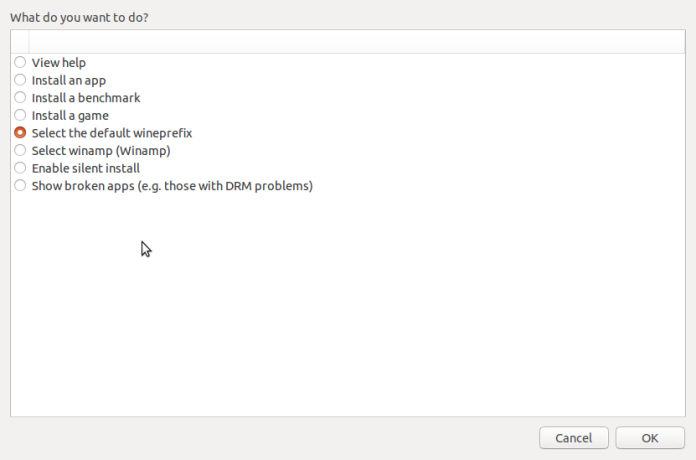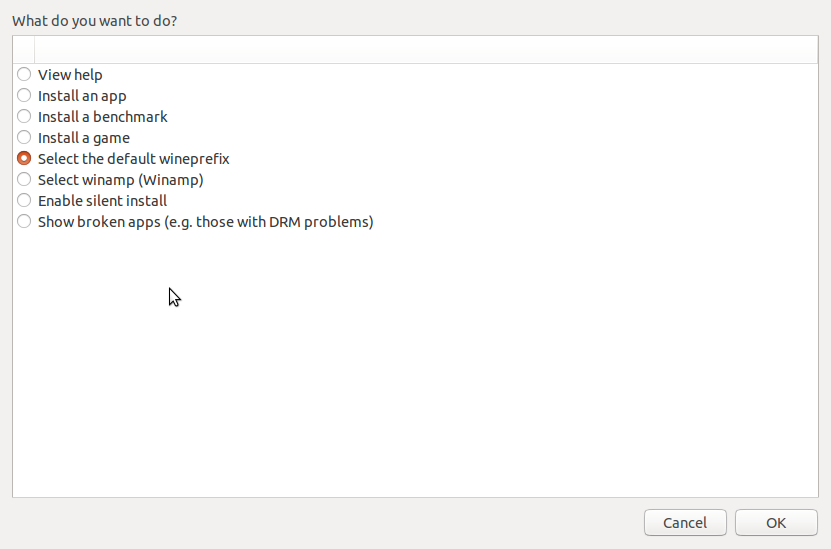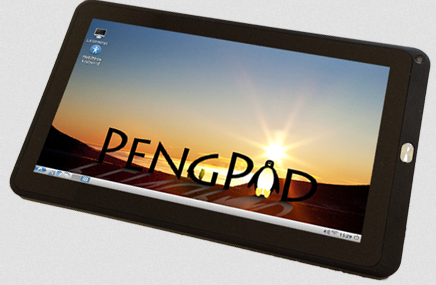Just a few hours ago, the developers of Wine announced the release of Wine 1.8.
Wine is a software for Linux and other Unix-like operating systems that makes it possible to run Microsoft Windows applications on such systems.
The name Wine has no relation to any alcoholic beverage. It’s just an acronym recursively derived from Wine Is Not an Emulator.
Wine 1.8 took 17 months of development effort, one month more than it took to develop and release Wine 1.6, which was released on July 18 2013.
According to the release announcement, the main highlights of Wine 1.8 are the “implementation of DirectWrite and Direct2D, and the new Pulse Audio driver”. Other highlights of Wine 1.8 are:
- Wine can be configured to report the Windows version as Windows 8.1 and Windows 10
- When Pulse Audio is running, the Pulse Audio driver is selected automatically
- Direct3D 11 is supported to about the same level as Direct3D 10
- Partial support for 64-bit architectures on Mac OS X
- X Drag & Drop protocol version 5 is supported
- OLE Storage files support file locking and sizes larger than 4 GB
- The Gecko engine is updated to the version from Firefox 40
- Automatic configuration of Internet proxies
- Proper reporting of system and hardware information on ARM platforms
Since Wine 1.8 was just released, you won’t find a binary for it in your distribution’s repository yet, however, there are official development packages for Ubuntu, Debian, Fedora, and Mageia. So if you’re using one of those distributions, instructions for installing the bleeding edge version of Wine are available from here. In this case, the development and stable version are the same.
To read the complete release announcement click here.

Main interface of Winetricks, a graphical interface for Wine







